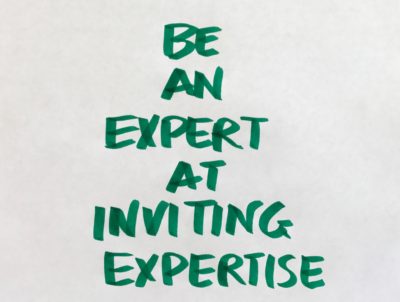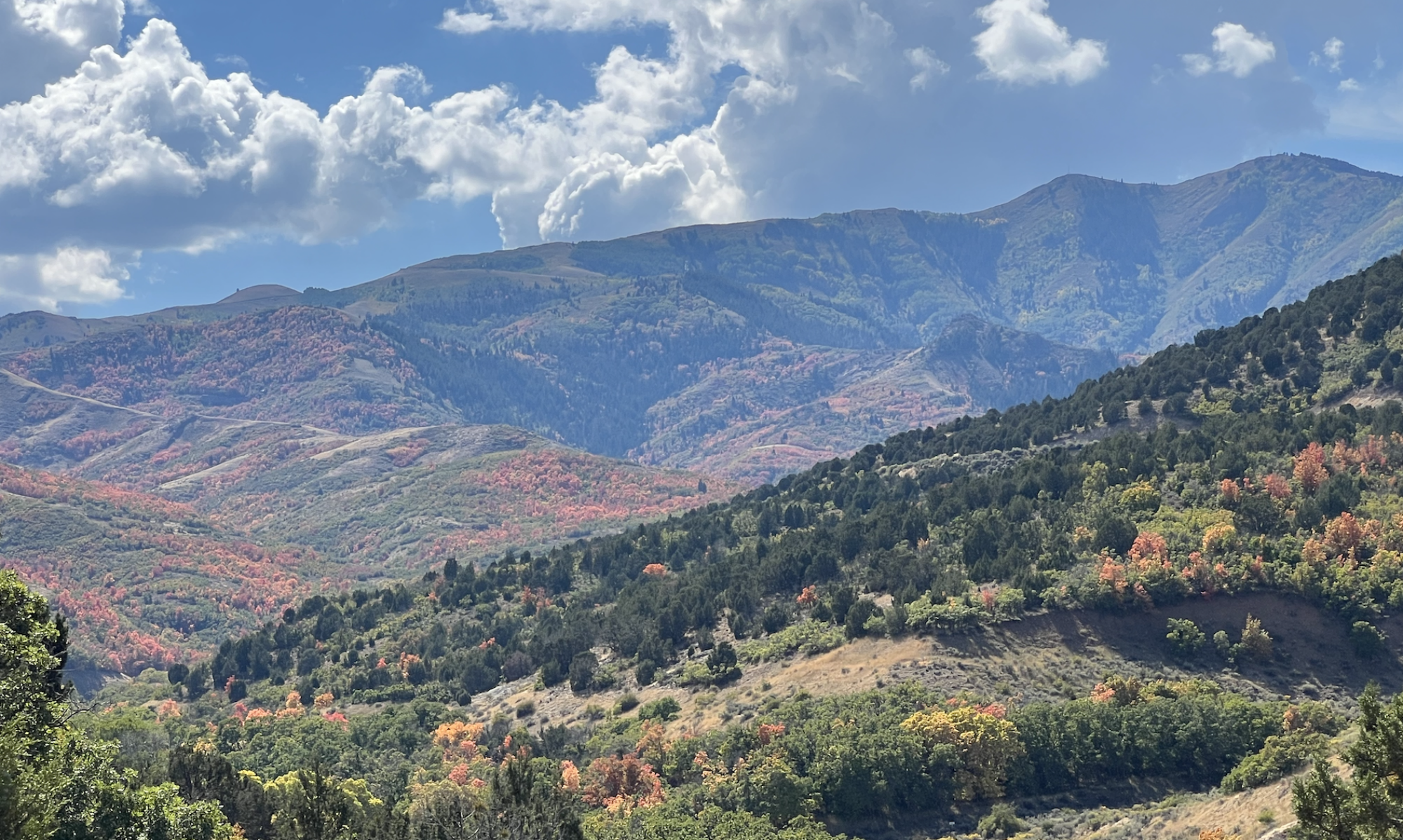
Many of us have an interesting relationship with “expertise.”
On the one hand, there is learning from people that really know stuff, that have paid attention, that have studied with rigor, that have learned through some hard knocks. It’s always great to be with people who are good at what they do, or clear on what they know.
On the other hand, there is a kind of externalizing responsibility away from ourselves that is also packed in to expertise. There is a shadowy cultural pattern of projecting way too much solution and rescue into finding just the right expert. It’s fun to look for super heroes that will fix everything. It’s just not super real.
In my work, I face this shadowy externalization often. I work in complex environments. Organizational systems. With teams that have been charged by systems to do a whole lot of good. I work so often with good people who are trying to make sense of those complex environments and to learn to move within them in ways that feel helpful and life-giving. I work with people who have desire to reshape the paradigms. It’s natural to look for expertise, to be in good learning, to be in due diligence, to be thoughtful.
Well, if attraction to expertise is here to stay, let’s accept that there is a range of nuanced expertise. For me, there is a kind of alternative expertise that I’m committed to giving air time and cultural practice. It is the expertise of inviting expertise to come forward from the group.
There is a maxim that I so often work from — there is more wisdom in the room that there is in any individual. Notice, this does not presume that there isn’t wisdom and knowhow in the individuals that can hold some preference. It just points to another quality of wisdom that arises from those in the room interacting. Of course there is power in many perspectives. Most of us know this (except when our egos wrench away the steering wheel — guilty as charged, right). Yet pressure, and leadership habit, often regress us to expertise that smacks of command and control, and of the external and obliterates the instinct to listen together.
In the Art of Hosting community of practitioners, fifteen years ago I was part of creating what became known as “Hobbit Tools.” It was born out of a conversation that I was having with my friend and colleague Toke Moeller. We were at Aldermarsh on Whidbey Island, Washington, one of the best retreat centers that I’ve been lucky to meet at repeatedly. Toke and I had just finished cohosting an Art of Hosting (also Christina Baldwin and Teresa Posakony). It was just Toke and I sitting in our meeting space that was now all tidied. Flipcharts were recycled, our participants were gone. It was a time to simply appreciate the silence and the immediate memory of the moment.
My mind was cooking (because the gathering had gone so well). My heart was singing (because that’s what happens when things go well, right). I took the opportunity to ask Toke for some clarity, given the many wonderful things that I’d been a part of the previous three days with participants. “Toke,” I began, “if you had one tool to rely on, what would that be.” Toke has a knack for getting to the simple — it’s one of the things I’ve always love about him. After some pause — why rush — he said, “Be present.” We both held a silence for a moment. Be satisfied with just two words. Be present. There is expertise in that. It’s related to learning from an expert about presence, but the primary invocation was to “be” it.
I smiled at Toke, and my never-far-away-little-brother part of myself asked playfully, “And Toke, if you had two tools, what would the next be?” Toke smiled again. It’s what good learners do together, I think. He paused again, looked out the window at Aldermarsh’s open field for a bit, and then replied, “Have a good question.” There is expertise in that too, and, this expertise points to inviting expertise in others, doesn’t it. Ask. Engage. Encounter.
A couple months later, Toke and I were working together with a group in Ohio. We were staying with another brother in this work, Phil Cass. I remember at breakfast one day Toke talked to me with excitement. He had furthered our conversation from Aldermarsh and had added a third tool. “Pass a talking piece,” which was really code for pass a listening piece, which was really code for listen, listen, listen. Listen to the group. Listen for the wisdom in the room. Listen for what is not just cumulative in us, but also what arises among us.
In the way that I know Toke’s fierce commitment to listening, he asked me, “Is there anything that you would add to this Tenneson?” I love this irrepressible commitment to a co-creation. I responded with what showed up in my belly — “Harvest.” It had deep meaning for me, and for us. Harvest. Notice. Make it visible. Give it a temporary tangibility that gifts the group with seeing some of it’s own wisdom.
Toke is a hobbit at heart. Simple person in whom the still waters run deep. So is Phil. They helped to pull that same quality out of me — I think we did with each other.
Be an expert in inviting the expertise out of others. That “Hobbit Tools” has grown into interesting and expanded teachings by others. It’s great to see. But somewhere in that story from that first Art of Hosting at Aldermarsh, rests with me this reframe of expertise that is so often culturally overlooked or invisible — it isn’t providing more from the external; it is inviting more from the internal and from the group that is trying to go together.
In an age of “look it up on youtube,” there is a video for everything. Yes, that’s fascinating. And helpful. For everything from folding paper airplanes to fixing cars to meditation techniques. Awesome! And, and, and — let’s not forget the nuanced and essential quality of expertise that people everywhere are hungry for, and I think recognize when the see it, even when they (we) have forgotten in practice. Inviting forward what people know, feel, and wonder about, is itself an overlooked and much needed expertise.




Hobbit tools! I love it.